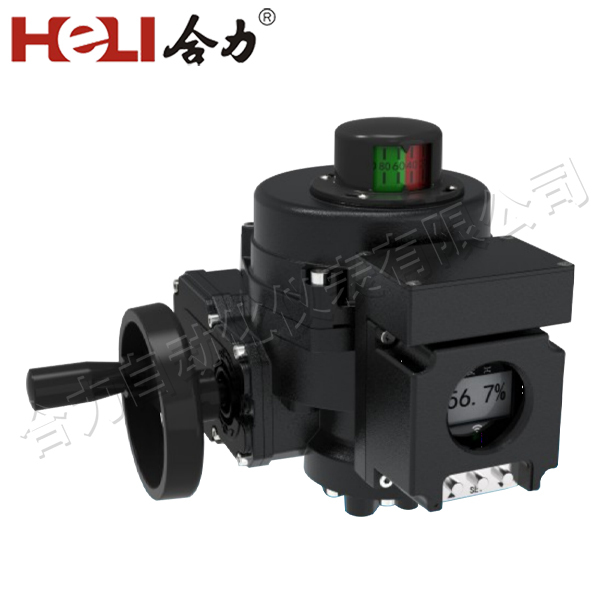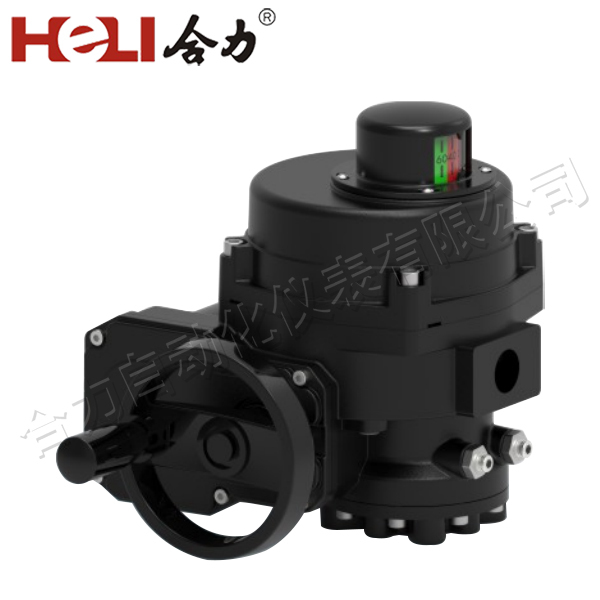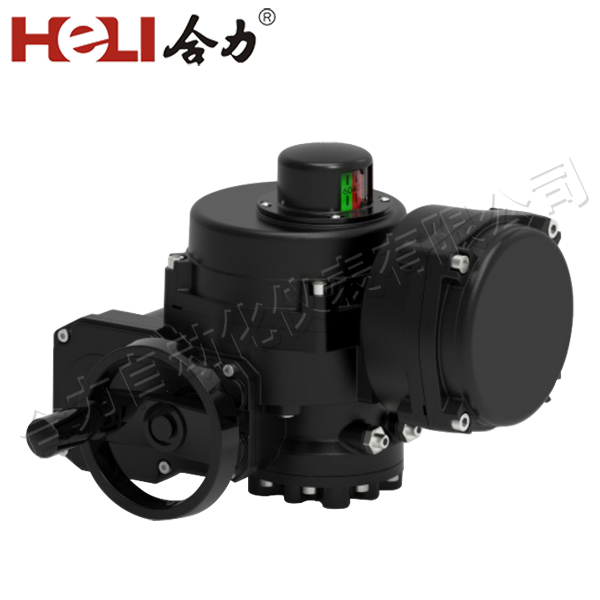As the world faces mounting environmental challenges and seeks ways to reduce its dependence on fossil fuels, hydrogen energy has emerged as a promising alternative. Hydrogen energy, derived from the simplest element in the universe, has the potential to revolutionize the way we generate, store, and consume power. With its clean and efficient properties, hydrogen is poised to play a significant role in the transition to a greener, more sustainable energy landscape. In this article, we will explore the concept of hydrogen energy electrical installation, its potential applications, and the challenges associated with its integration into existing energy systems.

The Basics of Hydrogen Energy

Hydrogen energy refers to the energy produced from hydrogen, a versatile fuel that can be used in various forms, including hydrogen fuel cells, combustion engines, and turbines. Hydrogen itself is a clean fuel because, when it reacts with oxygen, the byproduct is only water vapor, making it an environmentally friendly option. The hydrogen fuel cell, a key component of hydrogen energy systems, works by converting hydrogen into electricity through an electrochemical reaction, which produces water and heat as its only byproducts. The potential of hydrogen energy lies in its abundance and versatility. Hydrogen can be produced from a variety of sources, including water through electrolysis, natural gas reforming, and biomass. Additionally, hydrogen can be stored for later use, making it an excellent candidate for addressing energy storage challenges that arise with intermittent renewable energy sources like solar and wind power.
